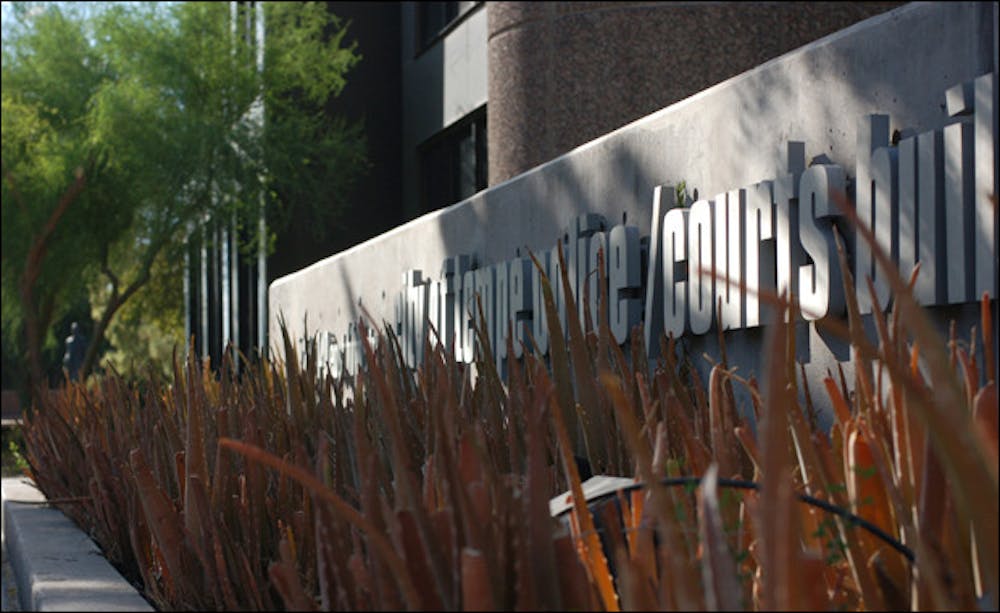The Tempe City Council unanimously approved an increase in city court fees charged to the defendant in a criminal case, from $50 to $100, at a meeting Thursday evening.
City attorney Andrew Ching said the change was in response to harsher DUI laws passed by the state Legislature this year, which are set to take effect Sept. 26.
Under the new law, offenders convicted of extreme DUI, with a blood alcohol level from 0.15 to 0.20 percent, face a minimum sentence of 30 days in jail, rather than 10 days under current laws. Those with a blood alcohol level of 0.20 percent or above receive a minimum 45-day jail sentence.
The law also removes the sentencing judge’s discretion to suspend a portion of the jail time, which means offenders must serve sentences in their entirety.
Ching said the harsher laws would cost the city more money because offenders would be less likely to plead out of charges when faced with a mandatory 30 days in jail.
This would mean more hours worked by the city’s legal staff, which would cost the city, he said.
“The likelihood of people taking a case to trial is increased, which puts a strain on our staff,” Ching said.
Attorney David Swain of ASU’s Student Legal Assistance Office said Ching’s prediction of higher numbers of defendants going to trial is reasonable. The higher fines and ignition interlock would add to the number of people taking their cases to trial, Swain said.
“Those [interlock-device] costs alone are going to be over $1,000,” Swain said. “Fines have gone up as well, so people are going to be more willing to fight it.”
History freshman Brittany Boyle said the council’s decision to double fees seemed unreasonable and premature. The council should have observed the effect the new laws had on the number of DUI cases going to trial before passing legislation, she said.
“It seems ridiculous to double something that’s already a reasonably high price,” said Boyle. “I think they should have waited for the laws to actually take effect.”
Ching said the cost of paying his staff for additional hours of work spelled trouble for a city already in a financial bind.
“This is an attempt at limited cost recovery by the city,” Ching said. “It’s better to have it paid by offenders than by the public.”
Reach the reporter at derek.quizon@asu.edu.




